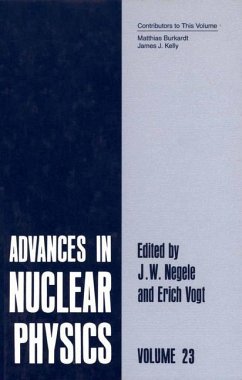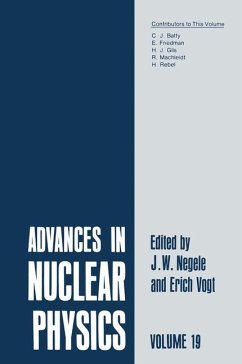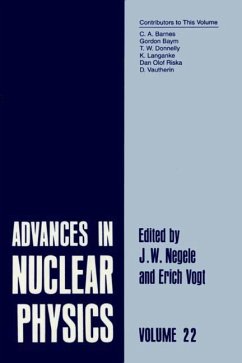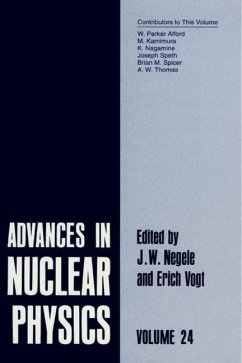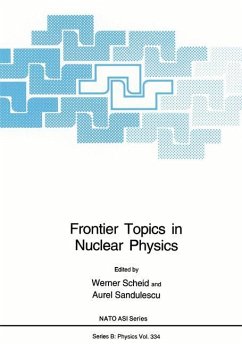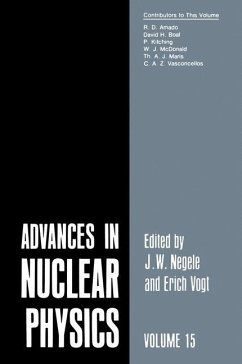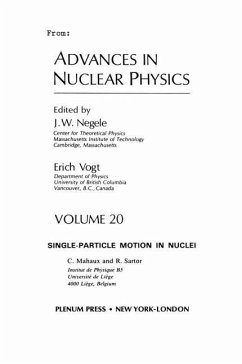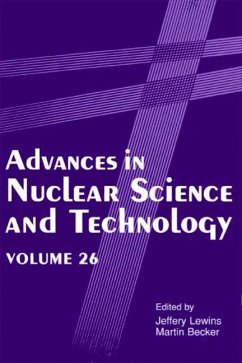This volume of Advances in Nuclear Physics addresses two very different frontiers of contemporary nuclear physics - one highly theoretical and the other solidly phenomenological. The first article by Matthias Burkardt provides a pedagogical overview of the timely topic of light front quantization. Although introduced decades ago by Dirac, light front quantization has been a central focus in theoretical - clear and particle physics in recent years for two majorreasons. The first, as discussed in detail by Burkardt, is that light-cone coordinates are the natural coordinates for describing high-energy scattering. The wealth of data in recent years on nucleon and nucleus structure functions from high-energy lepton and hadron scattering thus provides a strong impetus for understanding QCD on the light cone. Second, as theorists have explored light front quantization, a host of deep and intriguing theoretical questions have arisen associated with the triviality of the vacuum, the role of zero modes, rotational invariance, and renormalization. These issues are so compelling that they are now intensively investigated on their own merit, independent of the particular application to high-energy scattering. This article provides an excellent introduction and overview of the motivation from high-energy scattering, an accessible - scription of the basic ideas, an insightful discussion of the open problems, and a helpful guide to the specialized literature. It is an ideal opportunity for those with a spectator's acquaintance to develop a deeper understanding of this important field.
from a review of a previous volume
`The editors of this series are known for the clarity and completeness of their own research contributions....it may be that soon the best way to enter research in some area of nuclear physics will be to study the pertinent articles of this series.'
Science
`The editors of this series are known for the clarity and completeness of their own research contributions....it may be that soon the best way to enter research in some area of nuclear physics will be to study the pertinent articles of this series.'
Science

